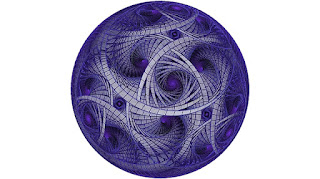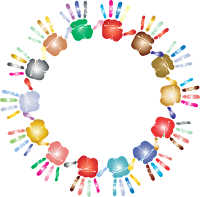Students have been back in my classroom for two weeks now, and I have a number of observations ...
- Most importantly, I don't have my "teacher stamina" yet. After a day in the classroom, I get home exhausted, and have little energy for doing stuff I enjoy much less any more school work. Thanks goodness my wife has been taking care of dinner!
- I'm also thankful for wonderful colleagues to talk to and share ideas with. The time I spend talking to other teachers is not a lot, but it is good.
- I am really enjoying block scheduling! I feel like we can really dig in and the students can have a chance to actually think.
- I still don't have everyone's first name solid in my mind yet, and last names are still a mystery for now. Also, I mis-pronouned a student on Friday, so I'll need to apologize on Monday. Learning is a process.
- I am really frustrated by the inflexibility of the online gradebook, and the expectations from parents and admin that it work like an ATM. It's too hard to focus on learning (for me and the kids) when we have to track every last point. On a related note, the students were visibly relieved when I suggested that we don't put quiz grades in the grade book. Going gradeless will also be a process.
- Having students solve problems groups of three while standing at whiteboards has been really satisfying. There has been lots of thinking and discussion. There's still a focus on "Is this right?" and I need to reflect on how that's going and how my responses are affecting the kids' view on the process. (I also need to remember to take a picture; it's been really satisfying to watch them work.)
- I am a little worried about "getting through the curriculum". While we are spending time developing thinking, it does seem to be going slower. On the one hand, we are not giving semester exams anymore, so there isn't that goalpost to get past, but then will the kids be prepared for "the next course"?
- Many of the kids (especially in my precalculus class) are worried that the pandemic has put them behind. The fact that the phrases "learning loss" and "students are behind" really bothers me. This is not a race, and not understanding everything we do in class quickly is not a sign that you are bad at math.
I have lots more thoughts and worries and ideas and fears and likes, but these are at the top of my brain for now. We'll see how the next week plays out.


